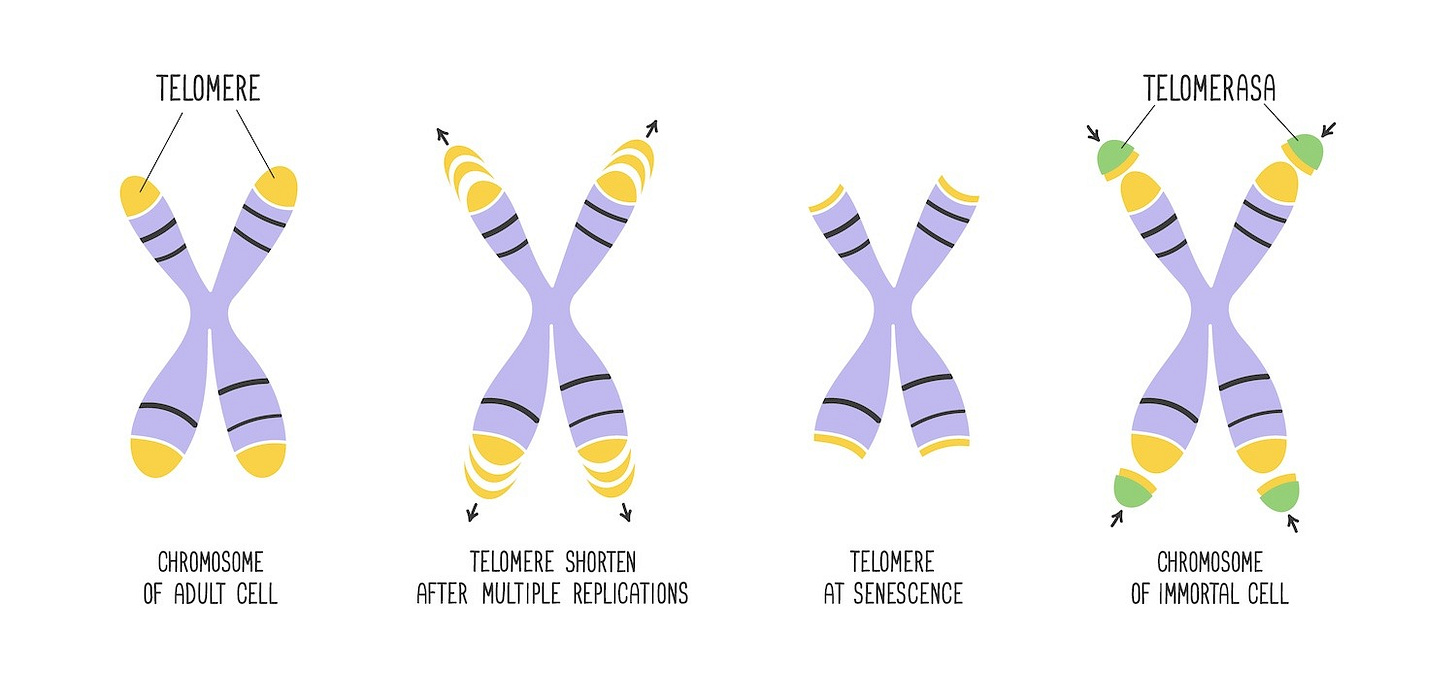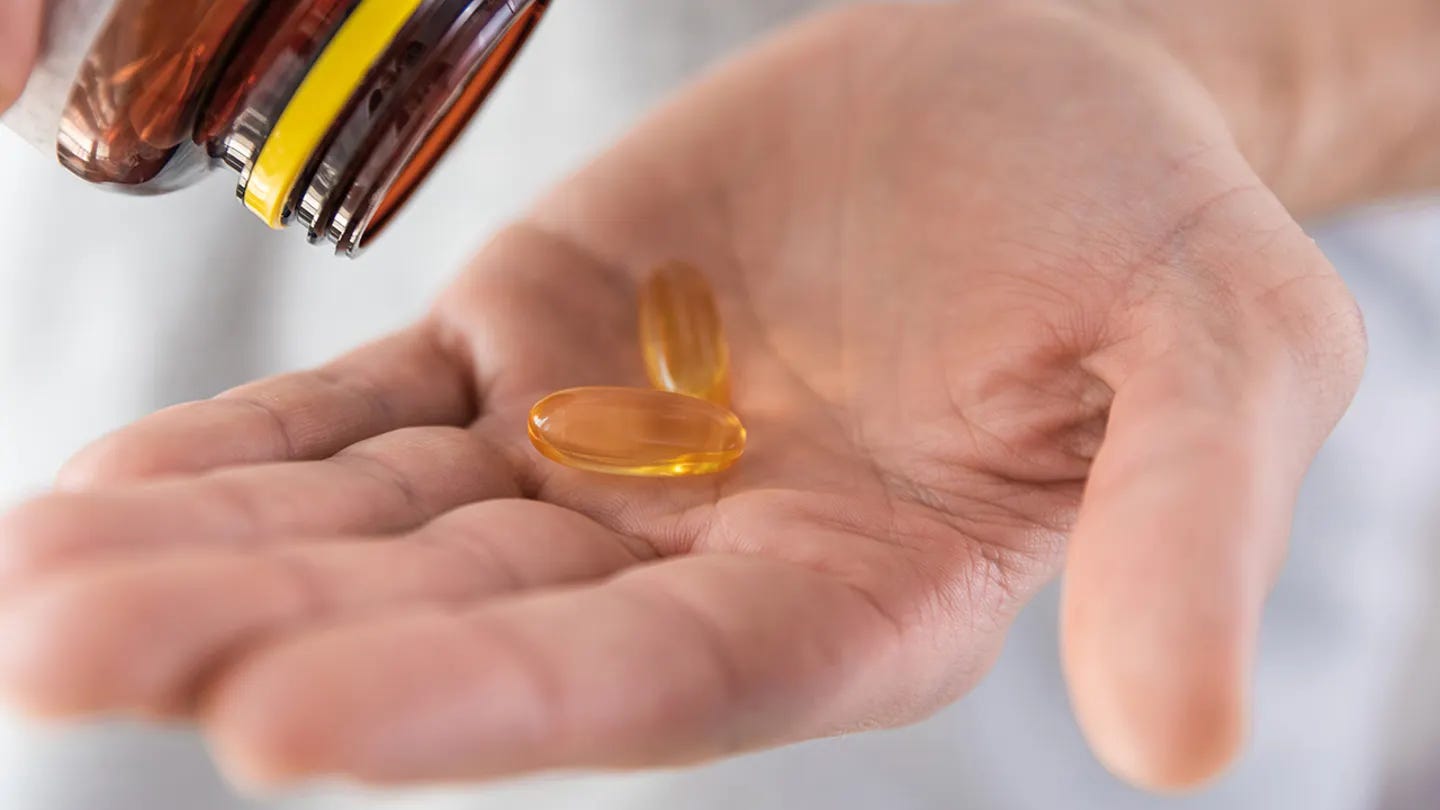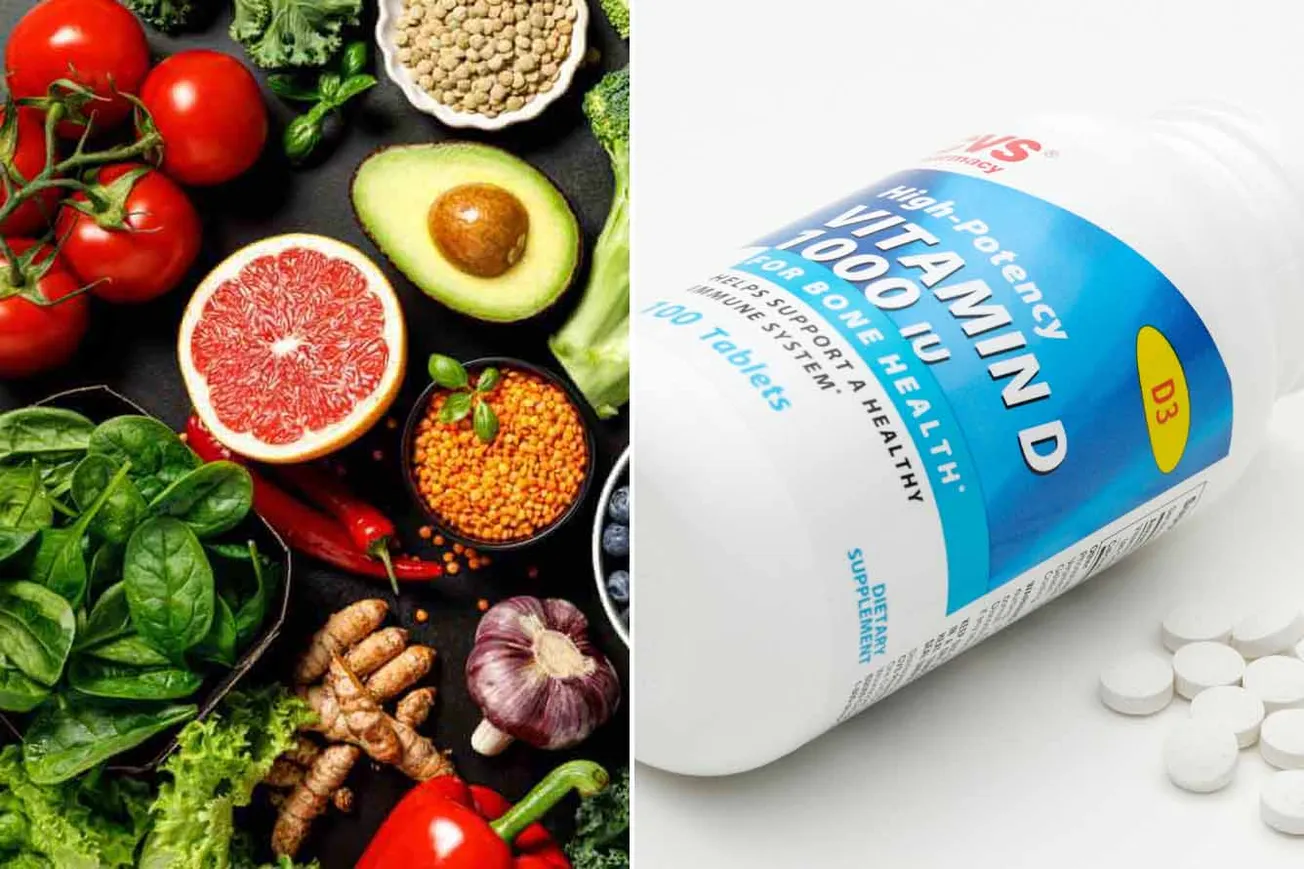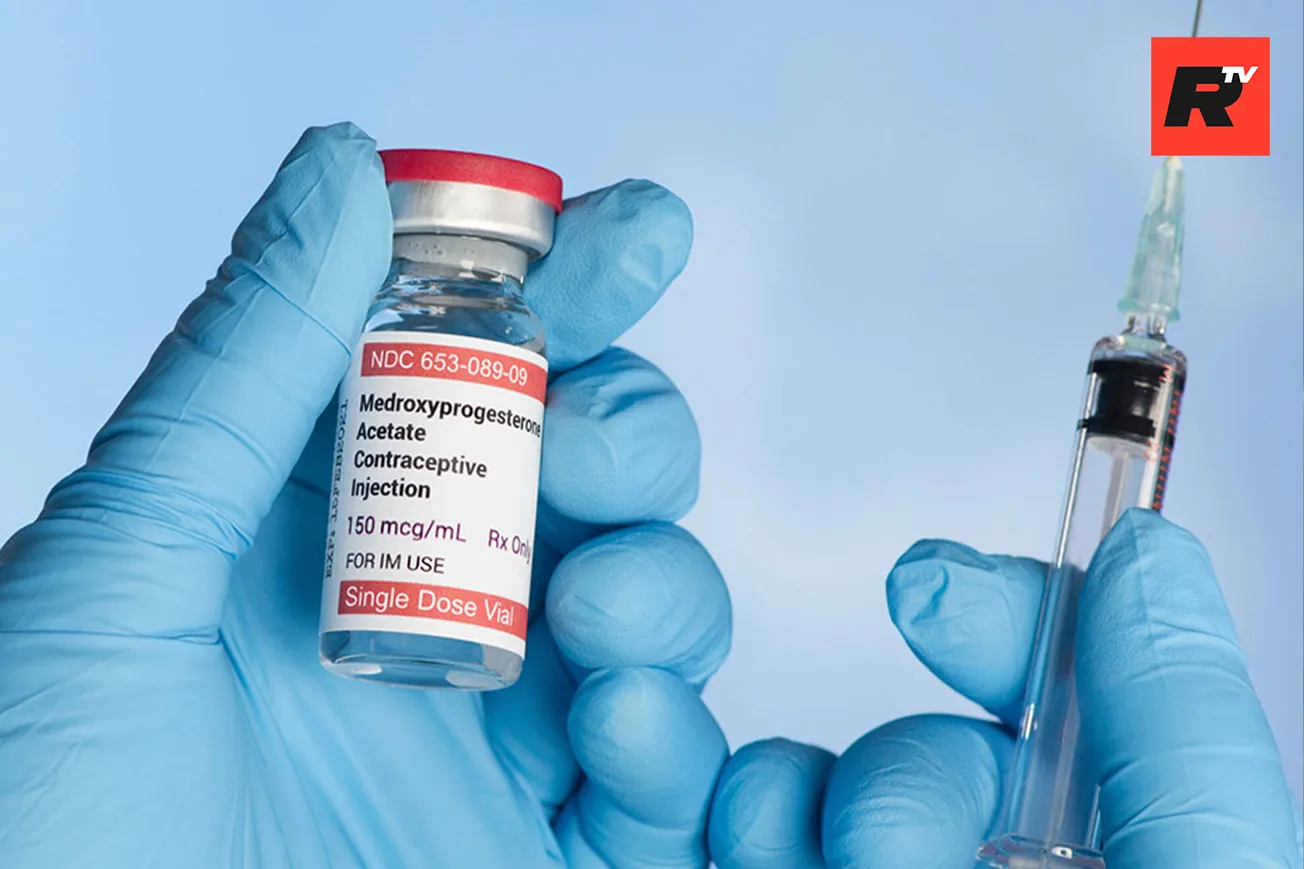Table of Contents
There’s this new study out that’s got people talking: popping a vitamin D pill every day might actually slow down how fast your body ages. It’s not some miracle fountain-of-youth, but the research, just published in The American Journal of Clinical Nutrition, says vitamin D could help protect these tiny DNA bits called telomeres that wear out as we get older.
It’s a big deal because when telomeres shrink, you’re more likely to deal with stuff like cancer or dementia.
Scientists from Mass General Brigham and the Medical College of Georgia are behind it, and they’re excited but not telling everyone to run to the drugstore just yet.

So, here’s the deal. The study comes from a big project called the VITamin D and OmegA-3 TriaL, or VITAL for short. They followed over 1,000 Americans—guys over 50, women over 55—for four years.
Some got 2,000 IU of vitamin D3 every day, some took omega-3 fatty acids, and others just got a placebo. The big finding? People on vitamin D had way less telomere shortening, like they preserved almost three years’ worth of cellular aging compared to the placebo folks.
Omega-3s didn’t do much here. “VITAL is the first large-scale and long-term randomized trial to show that vitamin D supplements protect telomeres and preserve telomere length,” said JoAnn Manson, who runs the Division of Preventive Medicine at Brigham and Women’s Hospital.
Why should you care about telomeres? They’re like the plastic tips on shoelaces, keeping your DNA from unraveling.

When they get too short, your cells can’t keep dividing right, and that’s when age-related diseases start creeping in.
“Our findings suggest that targeted vitamin D supplementation may be a promising strategy to counter a biological aging process, although further research is warranted,” said Haidong Zhu, a molecular geneticist at the Medical College of Georgia and the study’s lead author.
They also point out that earlier VITAL results showed vitamin D can cut down inflammation and lower your odds of getting serious cancers or autoimmune diseases.
“This could provide a biological mechanism,” Manson said, meaning the telomere thing might explain those other benefits.
Now, before you start chugging vitamin D, the researchers are pumping the brakes a bit. “It shouldn’t be a universal recommendation to be screened for vitamin D blood levels or to take a supplement,” Manson said, explaining that folks with low vitamin D or chronic inflammation probably get the most out of it.
Plus, too much can mess you up—think high calcium levels or kidney trouble—so you’d want to check with a doctor.

Zhu’s on the same page: “Further research is warranted,” he said, since they need to see if this works for younger people, different groups, or over more time.
This study’s a solid step, though. It’s got people thinking about how something as simple as a vitamin could help you stay healthier longer. The researchers aren’t promising miracles, but they’re digging deeper, and that’s something to keep an eye on if you’re wondering how to keep your body ticking a bit longer.
Please leave your opinions / comments on these stories below, we appreciate your perspective!









